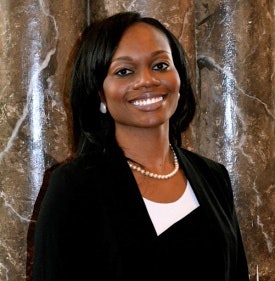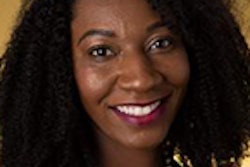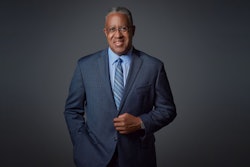I recently attended the #BlackGirlsMatter session at AERA, the largest educational research organization in the country. This conference panel of dynamic, brilliant women left me with feelings of joy, hope, fortitude, and a charge in knowing there is still work to be done. These are my reflections.
In many places across the country, we have seen rallies and gatherings proclaiming and protesting that Black lives matter. Images of Black fists raised in the air coupled with melodic chants that ensue a sense of resiliency and community. No Justice. No Peace. Black lives matter.

Black lives matter is a movement that may have stemmed from police brutality but goes beyond police brutality. Take into account the political, economic, and educational disenfranchisement of a people; Black lives matter is about respectability, citizenship, and pure justice.
It is important for us to consider the intersectionality of these identities and how they play out contextually. One’s experience as a Black woman is very different than that of a Black man, a queer Black woman, a poor Black man, a wealthy queer Black man, a poor uneducated Black woman, etc. Various identities denote various oppressions resulting in various experiences, interactions, and privileges. It’s just different.
Black lives matter was founded on this understanding of difference within the community and recognizing the intersectionality of citizenship, sexuality, gender, and ability.
So, why do we need to say #BlackGirlsMatter?














